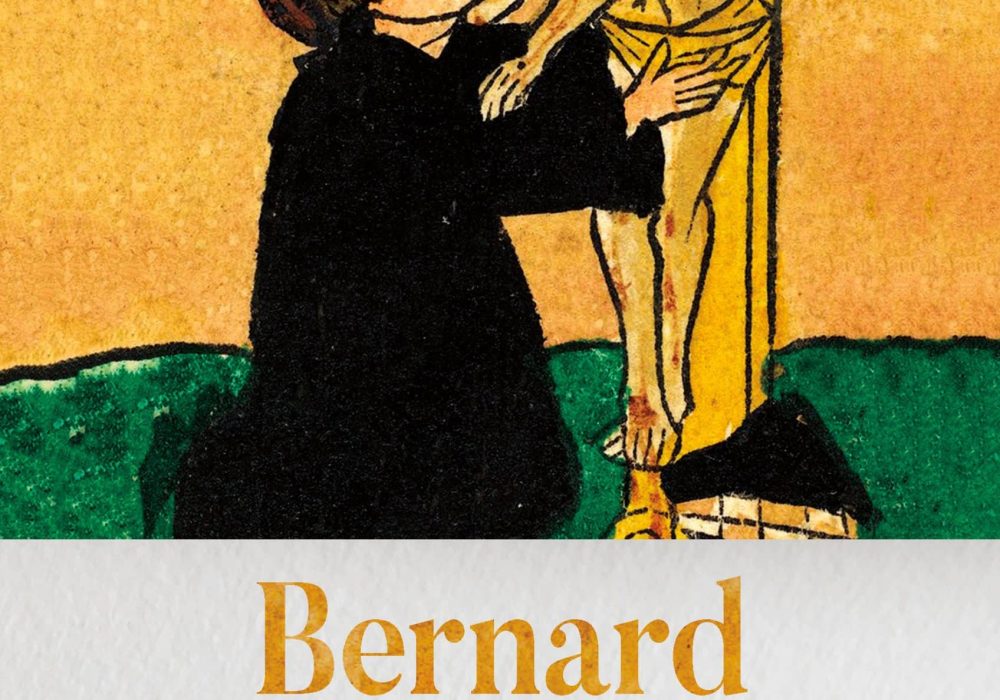A lecture with Professor Brian Patrick McGuire, author of Bernard of Clairvaux: An Inner Life (Cornell University Press, 2020). Free and open to the public. Registration is required. Cosponsored by the Bollandist Society, Cornell University Press, the Medieval Studies Workshop at the University of Chicago, and the Martin Marty Center for the Public Understanding of Religion. Contact us with any questions.
From the presenter:
This lecture will be a combination of biography and autobiography: my various attempts at writing a biography of Bernard of Clairvaux and the history of my own life. I think it is important for historians to be aware of the contents of individual human lives and their contributions to their own time. In the case of Bernard, I began with the assumption that he was a monster, a churchman who did his utmost to destroy Peter Abelard and his new theology. But in the course of gaining life experience I came to understand what Bernard was facing: a conviction that it was his duty to involve himself in the life of the Church while at the same time seeking the contemplative life he had chosen at Clairvaux. It became easier for me to accept Bernard’s situation when I became involved after 1985 in helping asylum applicants in Denmark, in a society whose officials did their best to send these people back where they came from. During these years until the early 1990s my view of Bernard changed as my perception of my own time changed. I came to see how difficult it is to live up to a Christian way of life and to help other people.
My lecture will not be pure autobiography but will concentrate on the contents of Bernard’s life as I have come to perceive him in my own research and writing. I have deemed him “the difficult saint” and as such he well fits our own difficult times, when decency and charity are more needed than ever.
ABOUT THE BOOK
In this intimate portrait of one of the Middle Ages’ most consequential men, Brian Patrick McGuire delves into the life of Saint Bernard of Clairvaux to offer a refreshing interpretation that finds within this grand historical figure a deeply spiritual human being who longed for the reflective quietude of the monastery even as he helped shape the destiny of a church and a continent. Heresy and crusade, politics and papacies, theology and disputation shaped this astonishing man’s life, and McGuire presents it all in a deeply informed and clear-eyed biography.
Following Bernard from his birth in 1090 to his death in 1153 at the abbey he had founded four decades earlier, Bernard of Clairvaux reveals a life teeming with momentous events and spiritual contemplation, from Bernard’s central roles in the first great medieval reformation of the Church and the Second Crusade, which he came to regret, to the crafting of his books, sermons, and letters. We see what brought Bernard to monastic life and how he founded Clairvaux Abbey, established a network of Cistercian monasteries across Europe, and helped his brethren monks and abbots in heresy trials, affairs of state, and the papal schism of the 1130s.
By reevaluating Bernard’s life and legacy through his own words and those of the people closest to him, McGuire reveals how this often-challenging saint saw himself and conveyed his convictions to others. Above all, this fascinating biography depicts Saint Bernard of Clairvaux as a man guided by Christian revelation and open to the achievements of the human spirit.

